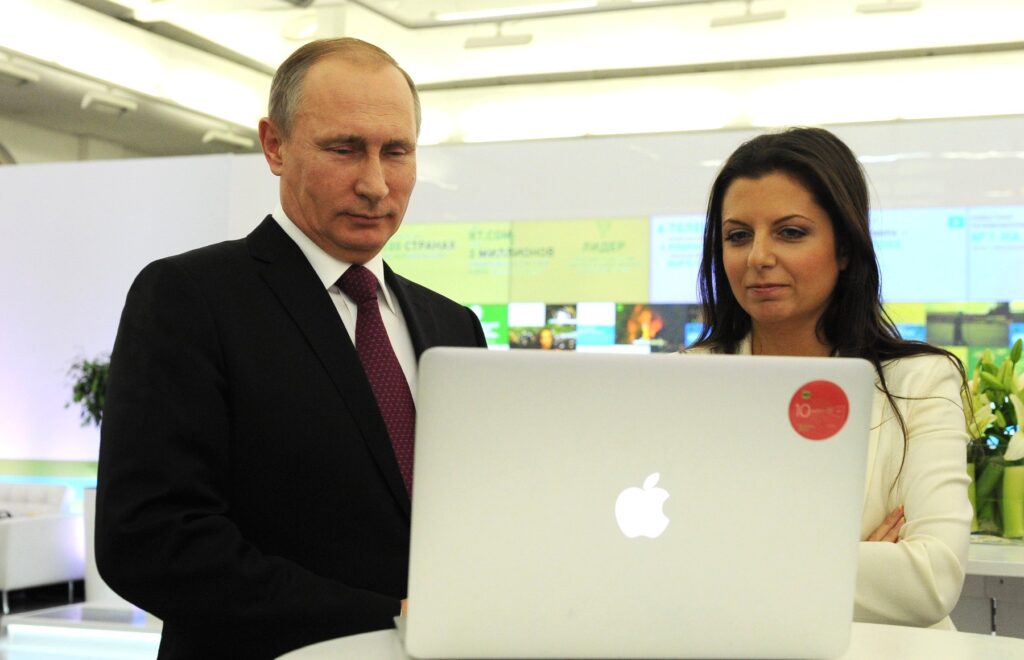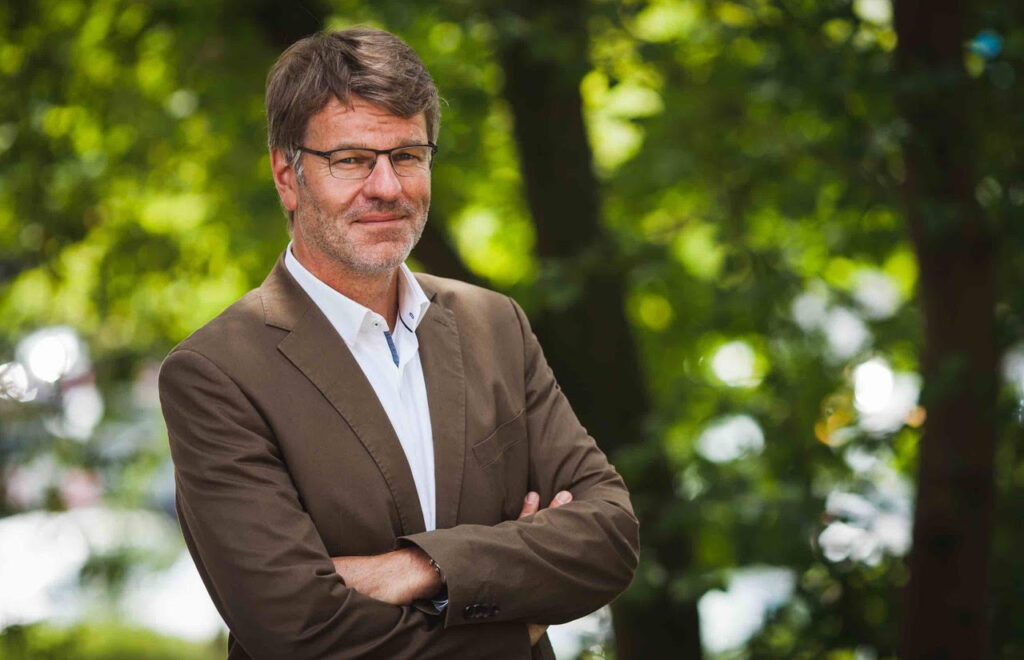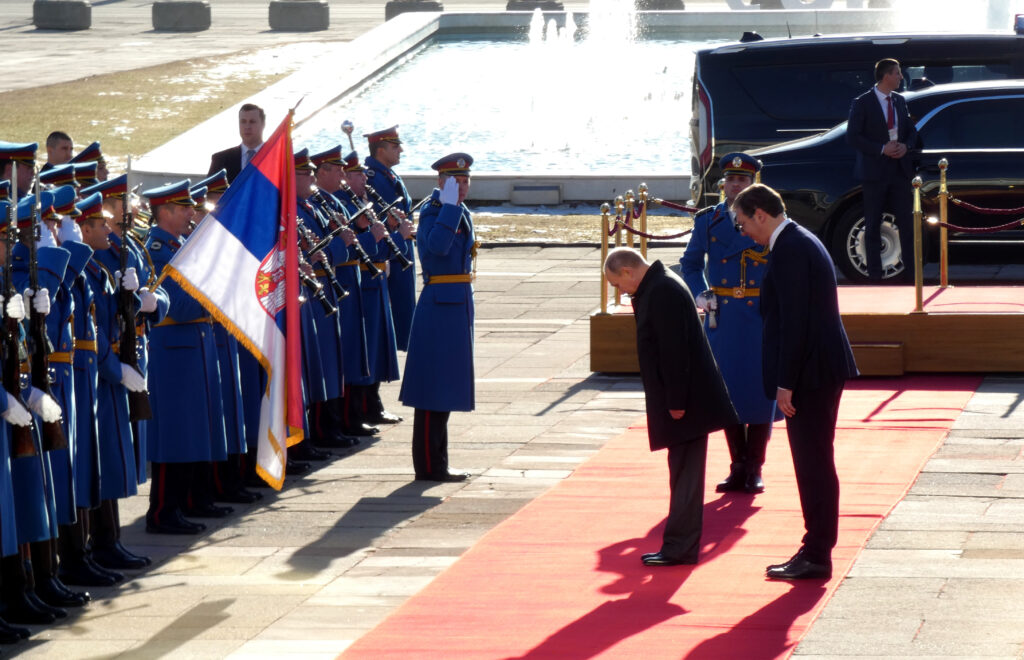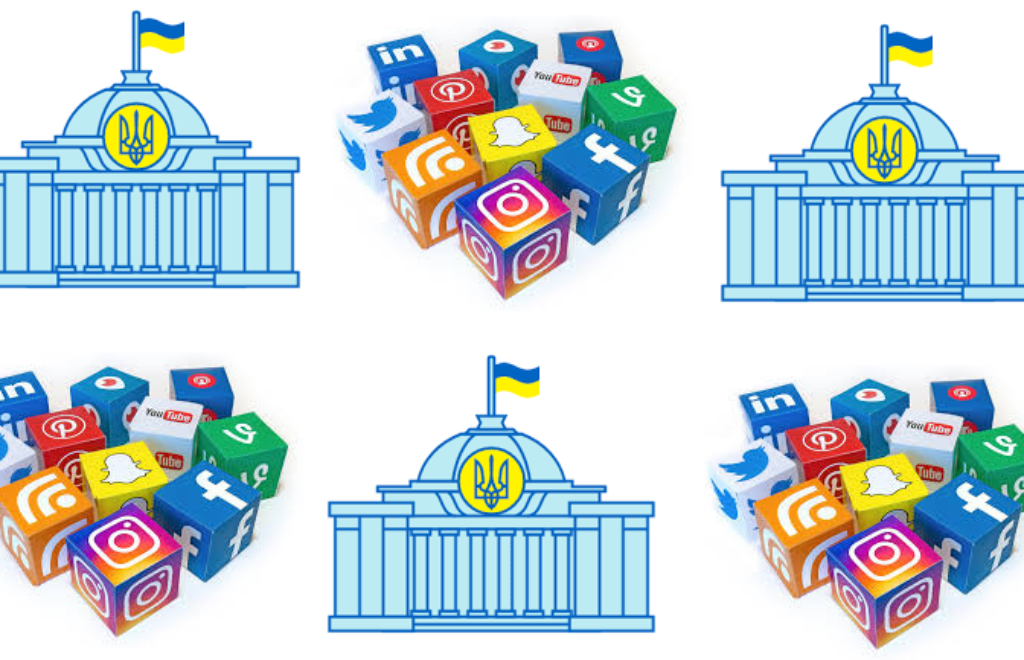Putin’s hidden war. How the Kremlin is bombing us on the internet
War propaganda is the deliberate use of factual or fictitious information to sway public opinion and trigger strong feelings like fear, hatred, guilt, adulation or outrage. It has been a crucial tactic of battle throughout history and has evolved into a “necessity” of warfare that can take many different shapes. Even if Russian claims of significant successes over “Ukrainian Nazis” may be mocked in the West, these strategies have been very successful within Russia and among supporters of the country.
February 15, 2023 - Grigol Julukhidze






































